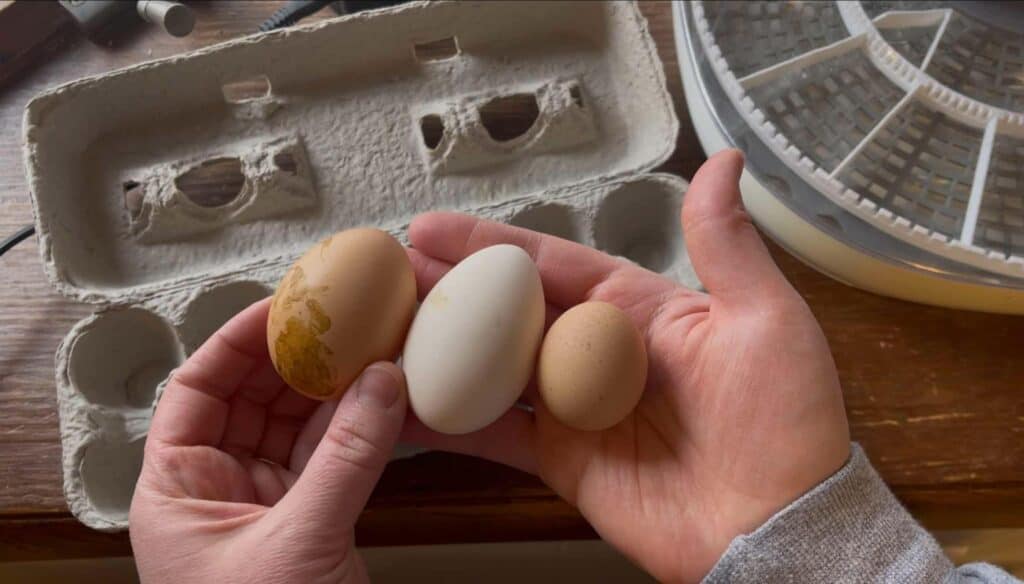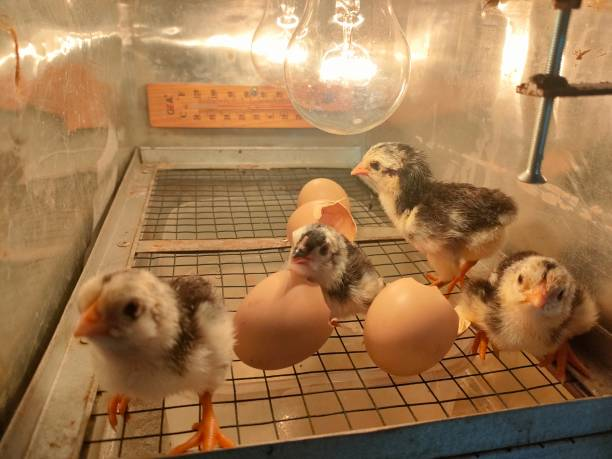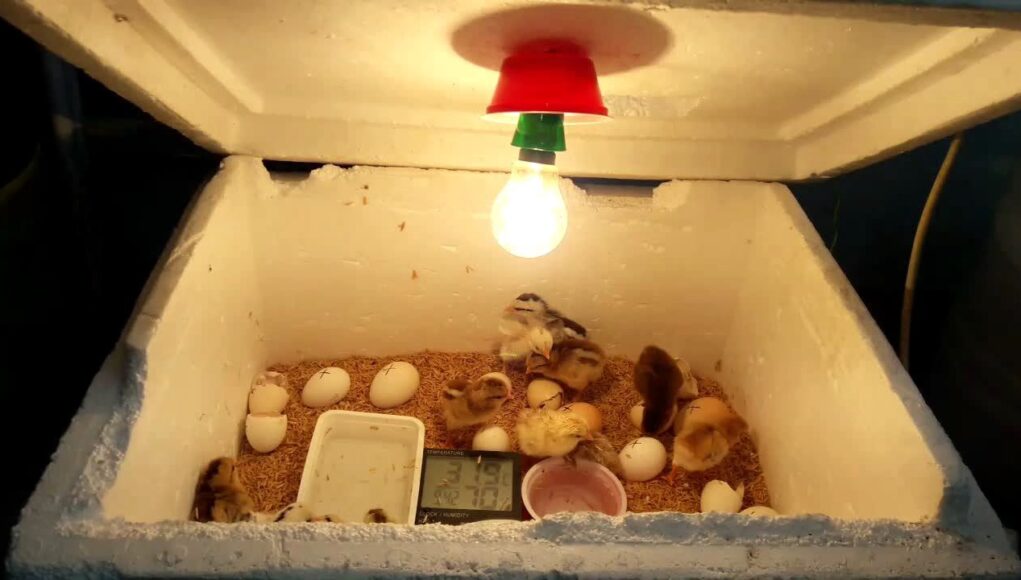When it comes to hatching eggs, the debate of portable vs stationary incubators is a crucial one for many chicken enthusiasts. Whether you’re a hobbyist or a professional breeder, understanding the differences between these two types of incubators can greatly impact your hatching success. In this article, we will explore the features, benefits, and considerations of both portable and stationary incubators, helping you make an informed decision for your egg incubation needs.

Understanding Incubators
The first step in deciding between a portable and a stationary incubator is understanding what an incubator does. An incubator replicates the conditions necessary for eggs to hatch, providing optimal temperature, humidity, and ventilation. Both portable and stationary models serve this fundamental purpose, but they do so in different ways.
What Are Portable Incubators?
Portable incubators are designed for mobility and convenience. They are typically smaller, lightweight, and easy to transport. This makes them ideal for individuals who need to move their incubators frequently or have limited space. Portable incubators often come with handles or wheels for easy movement and can be powered by batteries or car adapters.
Benefits of Portable Incubators
- Convenience: Easy to transport and set up anywhere.
- Space-saving: Ideal for small spaces or homes without dedicated hatching areas.
- Flexibility: Can be used in various locations, including outdoor settings.
Drawbacks of Portable Incubators
- Capacity: Often have a smaller egg capacity compared to stationary models.
- Durability: May not be as robust as larger, stationary units.
What Are Stationary Incubators?
Stationary incubators are larger and designed to stay in one location. They are often used in dedicated hatching facilities or by breeders who have a consistent space for incubation. These incubators typically have a higher capacity, allowing for the incubation of a large number of eggs at once.
Benefits of Stationary Incubators
- Capacity: Larger units can accommodate more eggs, making them ideal for large-scale operations.
- Durability: Built to last with robust materials and construction.
- Advanced Features: Often come with sophisticated controls for temperature and humidity.
Drawbacks of Stationary Incubators
- Immobility: Not designed for frequent relocation.
- Space Requirements: Require a dedicated space for operation.
Temperature and Humidity Control
Both portable and stationary incubators offer temperature and humidity control, but the precision and range of these controls can vary. Stationary models often have more advanced systems, allowing for precise adjustments. This can be crucial for species with specific incubation requirements.
Ventilation and Air Circulation
Proper air circulation is vital for successful egg hatching. Stationary incubators, due to their larger size, often have more sophisticated ventilation systems. Portable incubators, while effective, may require more attention to ensure adequate airflow.
Power Sources
One of the main differences between portable and stationary incubators is the power source. Portable incubators can often be powered by batteries or through a car adapter, providing flexibility. In contrast, stationary incubators typically require a stable electrical outlet.
Cost Considerations
Cost is a significant factor when choosing an incubator. Portable incubators are generally more affordable due to their smaller size and simpler design. Stationary incubators, with their larger capacity and advanced features, tend to be more expensive.
Use Cases for Portable Incubators
Portable incubators are ideal for small-scale operations, educational purposes, or individuals who need flexibility. They are perfect for hobbyists who hatch a few eggs at a time or educators who need to demonstrate the hatching process.
Use Cases for Stationary Incubators
Stationary incubators are better suited for large-scale operations or breeders who require consistent and controlled conditions. They are a staple in hatcheries and breeding facilities where high-volume hatching is necessary.
Maintenance and Cleaning
Both types of incubators require regular maintenance and cleaning to ensure optimal performance. Portable incubators are generally easier to clean due to their size. However, stationary incubators may have removable trays and components that facilitate cleaning.
Choosing the Right Incubator for Your Needs
When deciding between a portable and a stationary incubator, consider your specific needs. Think about the number of eggs you plan to hatch, the space available, and how often you need to move the incubator. Your budget and the amount of time you can dedicate to monitoring and maintaining the incubator are also important factors.
Conclusion: Weighing the Pros and Cons
The choice between a portable and a stationary incubator ultimately depends on your individual requirements and circumstances. By weighing the pros and cons of each type, you can find the perfect incubator to maximize your hatching success. Whether you’re a small-scale hobbyist or a large-scale breeder, understanding the features and benefits of each type of incubator will help you make an informed decision.

FAQs
1. Can portable incubators be used for all types of eggs?
Yes, portable incubators can be used for various types of eggs, but they may require adjustments in temperature and humidity settings depending on the species.
2. How often should I clean my incubator?
It is recommended to clean your incubator after each hatching cycle to prevent bacteria build-up and ensure optimal performance.
3. Can I convert a portable incubator into a stationary one?
While you can use a portable incubator in a stationary position, it may not offer the same capacity or advanced features as a dedicated stationary model.
For more detailed information on egg incubation, you can visit Beginner’s Guide to Egg Incubation and learn about the basics of egg incubation.
Additionally, to understand more about how to maintain the humidity in your incubator, check out How to Maintain Humidity in an Incubator.
For more insights on hatching chicks, explore [this article](https://mannapro.com/blogs/news/hatching-chicks-in-an-egg-incubator) on hatching chicks in an egg incubator.
This article contains affiliate links. We may earn a commission at no extra cost to you.










